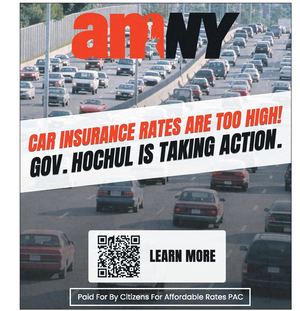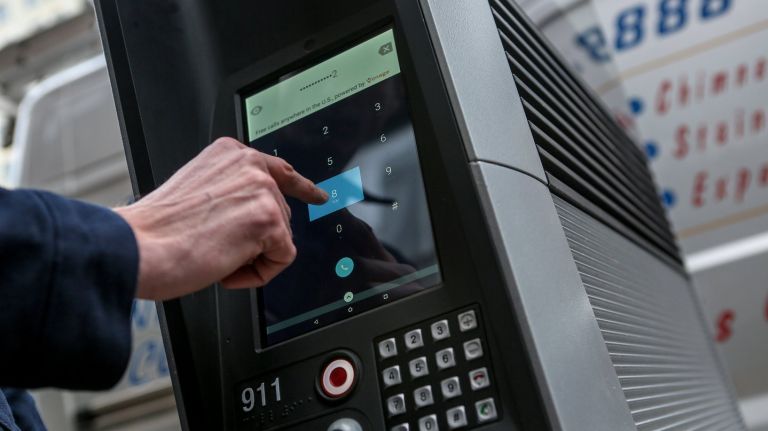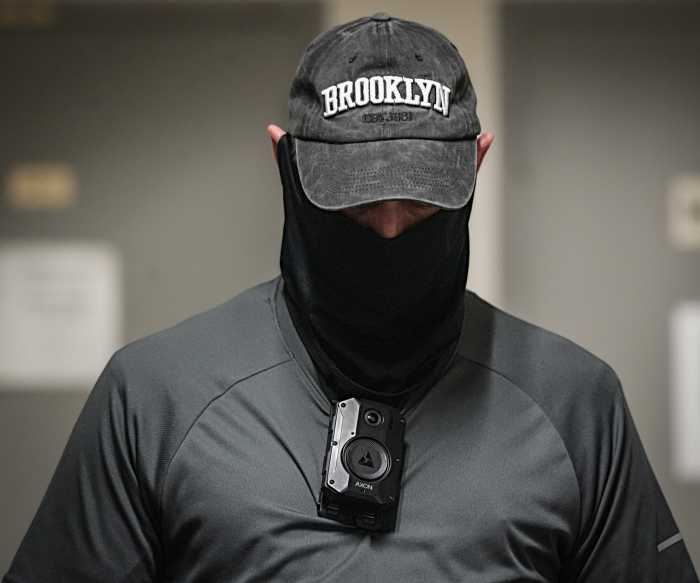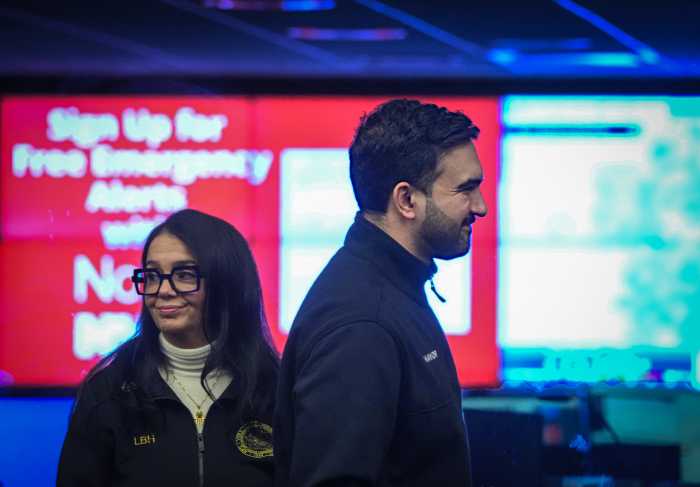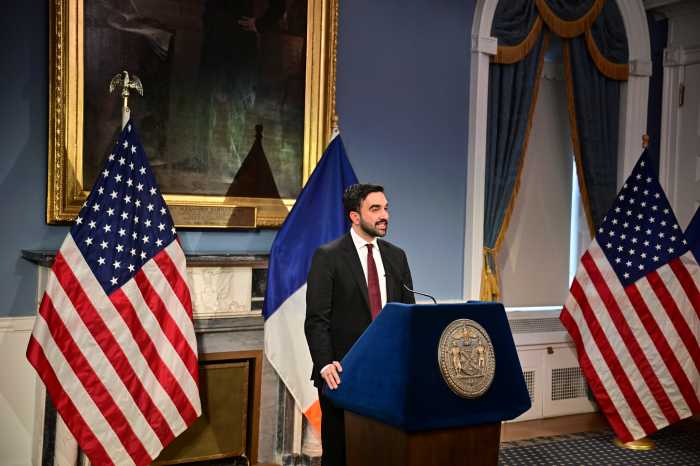
This link is broken.
LinkNYC, the service that installed kiosks providing Wi-Fi, phone calls and charging services to replace pay phones on city streets, has announced it is “removing web browsing on all Link tablets,” as a result of “some users monopolizing the Link kiosks.”
Beginning eight months ago, about 400 Link kiosks were installed throughout the city. The kiosks swiftly became a target of complaints, with some residents ridiculing them as “homeless entertainment centers,” monopolized for hours by indivdiuals who sometimes watched illicit sites.
In a statement, LinkNYC said it knows “that some users have been monopolizing the Link tablets and using them inappropriately, preventing others from being able to use them while frustrating the residents and businesses around them. The kiosks were never intended for anyone’s extended, personal use.”
Web browsing will be disabled “while we work with the City and community to explore potential solutions, like time limits. Other tablet features — free phone calls, maps, device charging, and access to 311 and 911 — will continue to work as they did before, and nothing is changing about LinkNYC’s superfast Wi-Fi,” said the statement.
In midtown, the news delighted business people and saddened the homeless population. “The internet is half the reason I go on here!” exclaimed Aleksandr Jaunsten, 25, a “couch surfer” who depends on the kiosks for communicating since “my phone was stolen by a junkie,” in June.
Some people hog the kiosks, Jaunsten acknowledged, but he personally is always happy to step aside if someone needs to make a call.
“I don’t think it’s cool,” John Anderson, 38, said of Link’s plan to temporarily abolish the internet. “Some people don’t have enough money for web services.” Anderson, too, hopes for a time or content restriction as opposed to a complete web abolition.
Eddy Nunez, a manager of two midtown clothing and sports stores he did not want named (“they might break my window”), would prefer the kiosks be abolished all together.
“Take them away! You see (people) singing and watching their videos and no one can even walk by!” he said.
Kiosk regulars “are messing up the business for all the hotels and stores. It’s really bad,” said Nunez.
“It’s the nature of people to abuse things,” sighed Galit Vaqnin, who said she endorses anything that will deter “the same group of people” who gather outside her women’s clothing store and monopolize a kiosk, deterring tourists rattled by the grime, grit and noise.
But Shawn Ronald, 39, a delivery guy who lives in Crown Heights, said he sympathized with the plight of the homeless. He uses the kiosks frequently to recharge his Samsung phone between deliveries and “you want to be entertained while you’re charging your phone,” he said.
Bronx Borough President Ruben Diaz Jr. said his office had “heard a great deal of concern from all corners of the city about the misuse of these kiosks for lewd and nefarious purposes, and today’s announcement that web browsing services will be disabled on LinkNYC kiosks is a step in the right direction.”
LinkNYC intends to install 7,500 kiosks throughout all the boroughs over the next several years.
